
Gowri Reddy Rocco, MD, MS, reveals that repairing gut health through targeted nutrition is essential for combating long COVID and preventing autoimmune complications.

Luke Halpern is an assistant editor with Pharmacy Times. Luke wrote for Pharmacy Times in the summer of 2023, and assumed a full-time role in June 2024. His work has been featured in Pharmacy Times and the American Journal of Managed Care. He graduated from the University of Massachusetts, Amherst in May 2024.

Gowri Reddy Rocco, MD, MS, reveals that repairing gut health through targeted nutrition is essential for combating long COVID and preventing autoimmune complications.
![[AI Generated] 3D Medical Cross-Section of Diabetic Vascular Disease - Microvascular Damage Mechanism](https://cdn.sanity.io/images/0vv8moc6/pharmacytimes/a1eb8eb82c084cc01b983b073be9e81ef74df663-1200x673.jpg?w=350&fit=crop&auto=format)
HMGCR inhibitors were found to significantly increase the risk of experiencing microvascular complications in patients with diabetes, whereas NPC1L1 inhibitors were found to reduce the risk.

Six years following vaccination with 23-valent pneumococcal polysaccharide vaccine in a Chinese population, antibody levels remained high, although not as high as 28 days following vaccination.
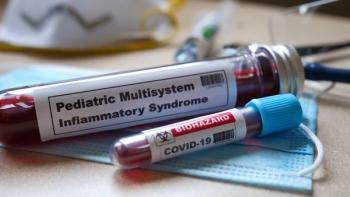
Glucocorticoids alone were found to reduce treatment failure and fever duration, but the combination with intravenous immunoglobulin (IVIG) significantly reduced the need for adjunctive immunotherapy following treatment.

The expansion of pneumococcal vaccine recommendations would ultimately lead to economic and health benefits, especially for underserved populations.

Amy Duong, PharmD, BCACP, highlights the importance of patient counseling and addressing logistical challenges in treating patients with chronic inflammatory demyelinating neuropathy (CIDP).

Gowri Reddy Rocco, MD, MS, discusses how low vitamin D3 levels, insulin resistance, and metabolic health are critical yet often overlooked factors in understanding and treating long COVID.

Remnant cholesterol, a novel lipoprotein marker linked to elevated triglycerides, is associated with increased risk of progression and development of chronic kidney disease.
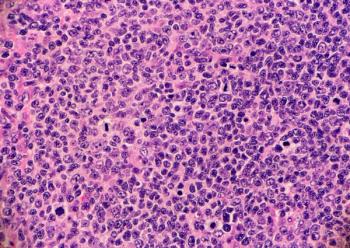
Following robust progression-free survival indications in the phase 3 inMIND trial, the FDA granted approval to tafasitamab-cxix in combination with standard-of-care lenalidomide and rituximab for patients with relapsed or refractory follicular lymphoma.

In the first half of 2025, the FDA approved 7 novel drugs for oncologic conditions, including for non-small cell lung cancer; ovarian cancer; and metastatic, hormone receptor-positive, human epidermal growth factor 2-negative breast cancer.

When infected with SARS-CoV-2, the virus that causes COVID-19, higher levels of proinflammatory cytokines are released in men compared with women, leading to more severe disease.
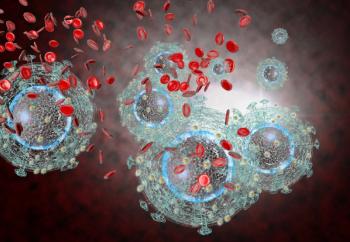
Lenacapavir becomes the first and only twice-yearly option for HIV prevention.

Accurate utility estimates are critical to providing a comprehensive view of quality of life for children impacted by pneumococcal disease.

Clostridioides difficile (C difficile) represents a serious public health threat, with pharmacists and advocacy organizations playing critical roles in prevention, education, and management.

New executive orders and legislation aim to lower prescription drug costs and enhance access to pharmacist services for seniors across the US.

Amy Duong, PharmD, BCACP, explains pharmacists' critical role in promoting chronic inflammatory demyelinating neuropathy (CIDP) treatment adherence and staying informed about new therapeutic developments.

In 3 phase 3 clinical trials, enlicitide decanoate demonstrated clinically significant reductions in low-density lipoprotein cholesterol (LDL-C) in patients with hyperlipidemia and familial hypercholesterolemia.

Results from a systematic review shed light on the role that obesity and overweight play in increasing the severity of symptoms in long COVID.

Amy Duong, PharmD, BCACP, highlights pharmacists' essential responsibilities in chronic inflammatory demyelinating polyneuropathy (CIDP) patient care and immunoglobulin therapy management.

The approval of the tablet formulation of zanubrutinib covers all 5 approved indications of the Bruton tyrosine kinase inhibitor.

Pharmacists play a critical role in managing complex pericarditis cases.
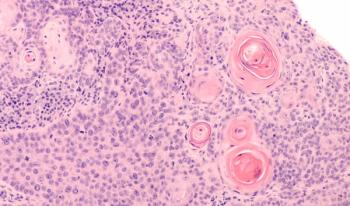
Building on positive event-free survival (EFS) and overall survival (OS) rates in the original analysis of CheckMate 77T, new results indicate sustained survival over 3 years following treatment with nivolumab compared with placebo in non-small cell lung cancer (NSCLC).

Low uptake of vaccination to protect against invasive pneumococcal disease (IPD) was observed both before and after a pneumococcal-related hospitalization, with countless missed vaccination opportunities documented.
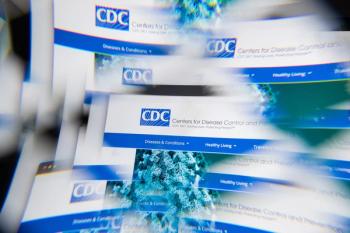
The restructuring of the Advisory Committee for Immunization Practices (ACIP) could impact recommendations for routine childhood and adult vaccinations.

Nivolumab (Opdivo) and chemotherapy demonstrated an overall survival benefit at 5 years, affirming its role as a standard of care option.

Rilonacept offers a targeted approach to treating recurrent pericarditis by blocking IL-1 inflammatory pathways.

Subcutaneous immunoglobulin was found to elicit fewer viral infections compared with other routes of immunoglobulin replacement therapy, including intravenous immunoglobulin.
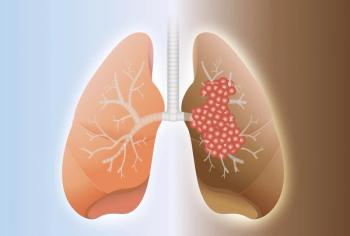
Granted accelerated approval by the FDA in 2024, tarlatamab continues to demonstrate efficacy and safety in patients with small cell lung cancer, with results showing improved overall survival and progression-free survival in patients who had progressed or previously received chemotherapy.

New products are poised to aid pharmacists in proper counting of inventory to prevent medication errors.

Implementation of the Plan-Do-Study-Act cycle in health system retail pharmacies significantly increased uptake of 20-valent pneumococcal conjugate vaccine among eligible adults.